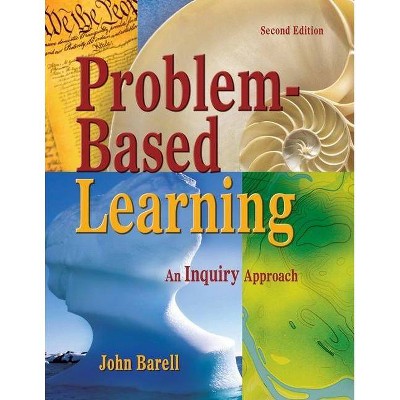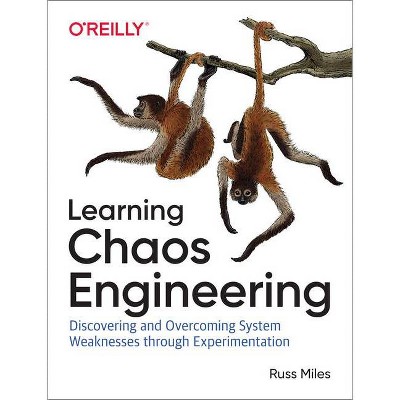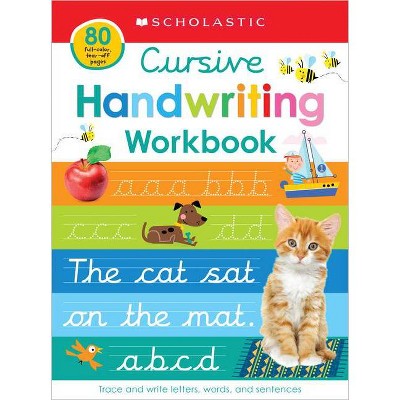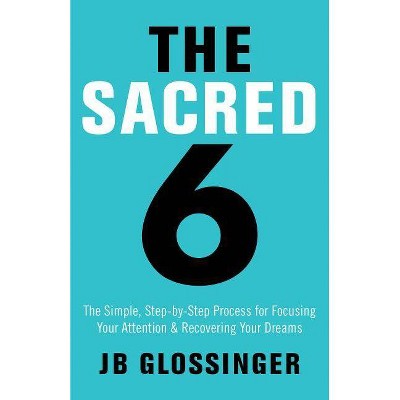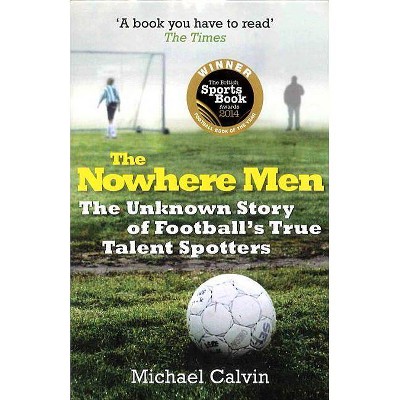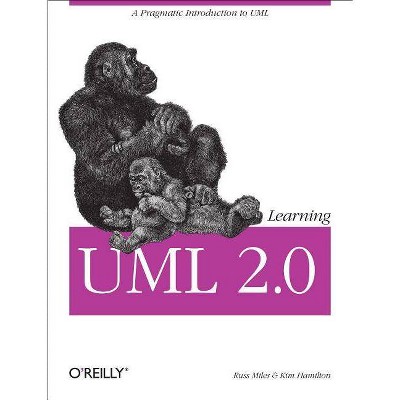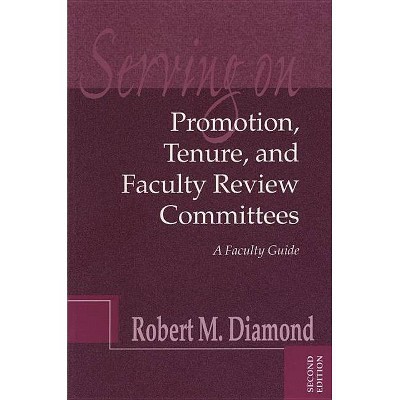The Practice of Problem-Based Learning - (Jb - Anker) by Amador & Libby Miles & Calvin B Peters (Paperback)
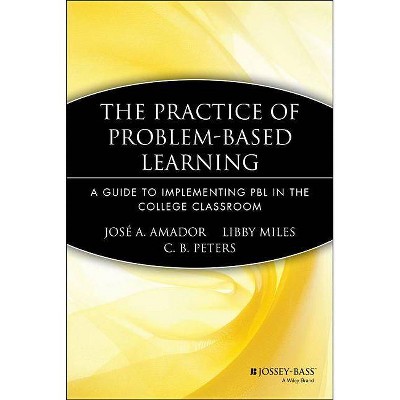
Similar Products
Products of same category from the store
AllProduct info
<p/><br></br><p><b> Book Synopsis </b></p></br></br>This book is a guide for the development and implementation of problem-based learning (PBL) in college-level courses. It provides practical advice from real professors, includes examples of PBL in action through every stage from problem development to implementation, and integrates cross-disciplinary experiences into the <i>practice</i> of PBL in the college classroom. <p>Its nuts-and-bolts approach makes it valuable to faculty, graduate teaching assistants, and faculty development professionals interested in learning how to do PBL, as well as to those already using PBL who would like to learn more about what other practitioners do in their classrooms.</p> <p>Readers will learn what really is and isn't PBL and why some choose to use it, what is its effect on the learning landscape, and how to overcome tricky issues such as class size, student resistance, controlling classroom chaos, conservative colleagues, assessment, and student evaluations. Extensive examples and resources for further study are included, making it a concise, yet comprehensive guide to launching a successful problem-based learning course on your own.</p><p/><br></br><p><b> From the Back Cover </b></p></br></br><p><b>The Practice of Problem-Based Learning: A Guide to Implementing PBL in the College Classroom</b></p> <p>This book is a guide for the development and implementation of problem-based learning in college-level courses. Written with usefulness in mind, it provides practical advice from real professors to real professors, includes examples of PBL in action through every stage of problem development through implementation, and integrates cross-disciplinary experiences into the <i>doing</i> of PBL in the college classroom.</p> <p>Its nuts-and-bolts approach makes it valuable to faculty, graduate teaching assistants, and faculty development professionals interested in learning how to <i>do</i> PBL, as well as to those already using PBL who would like to learn more about what other practitioners do in their classrooms.</p> <p>Contents include: </p> <ul> <li>Why (we) use PBL</li> <li>Changing the landscape</li> <li>No problems? No problem</li> <li>Controlling chaos in PBL</li> <li>Evaluation, revision, and reflection</li> </ul><p/><br></br><p><b> About the Author </b></p></br></br><p><strong>Jose A. Amador</strong> is professor of soil science and microbial ecology at the University of Rhode Island. He received his B.S. degree (1982) in biochemistry, and M.S. (1986) and Ph.D. (1990) degrees in soil microbiology from Cornell University. Jose has been at the University of Rhode Island since 1992, where he teaches in the department of Natural Resources Science and the Honors Program. For the past six years, he has used the problem-based learning approach to teach courses in introductory soil science, soil microbiology, soil and water chemistry, and land use. His research focuses on the applications of soil ecology and microbiology to problems in nutrient cycling, wastewater disposal, bioremediation, and plant nutrition. <p><strong>Libby Miles</strong> is associate professor in the College Writing Program at the University of Rhode Island. She received her B.A. degree in theatre from Williams College (1986), and M.A. (1995) and Ph.D. (1999) degrees in rhetoric and composition from Purdue University. Libby has been at the University of Rhode Island since 1998, where she has taught in the college writing program, the English department's graduate program, and the honors program. She also directed the university's writing center. She has used problem-based learning in several of her writing classes, from Honors Writing for First-Year Students, to Business Communications to a graduate seminar in Rhetoric and Institutional Critique. Her current research interests are the economic and institutional conditions of writing and writing instruction, rhetoric as an agent of social change, and interdisciplinary writing. <p><strong>C.B. Peter</strong> is professor of sociology at the University of Rhode Island. He received his B.A. degree (1971) from Westmont College, and M.A. (1973) and Ph.D. (1977) degrees from the University of Kentucky. His scholarly expertise is in cultural sociology and the sociology of knowledge. In addition to his sociological books and articles, C.B. has published papers and presented workshops and seminars on teaching and instructional design. He has used problem-based learning units with first-year students in large enrollment sections of introductory sociology.
Price History
Price Archive shows prices from various stores, lets you see history and find the cheapest. There is no actual sale on the website. For all support, inquiry and suggestion messagescommunication@pricearchive.us
